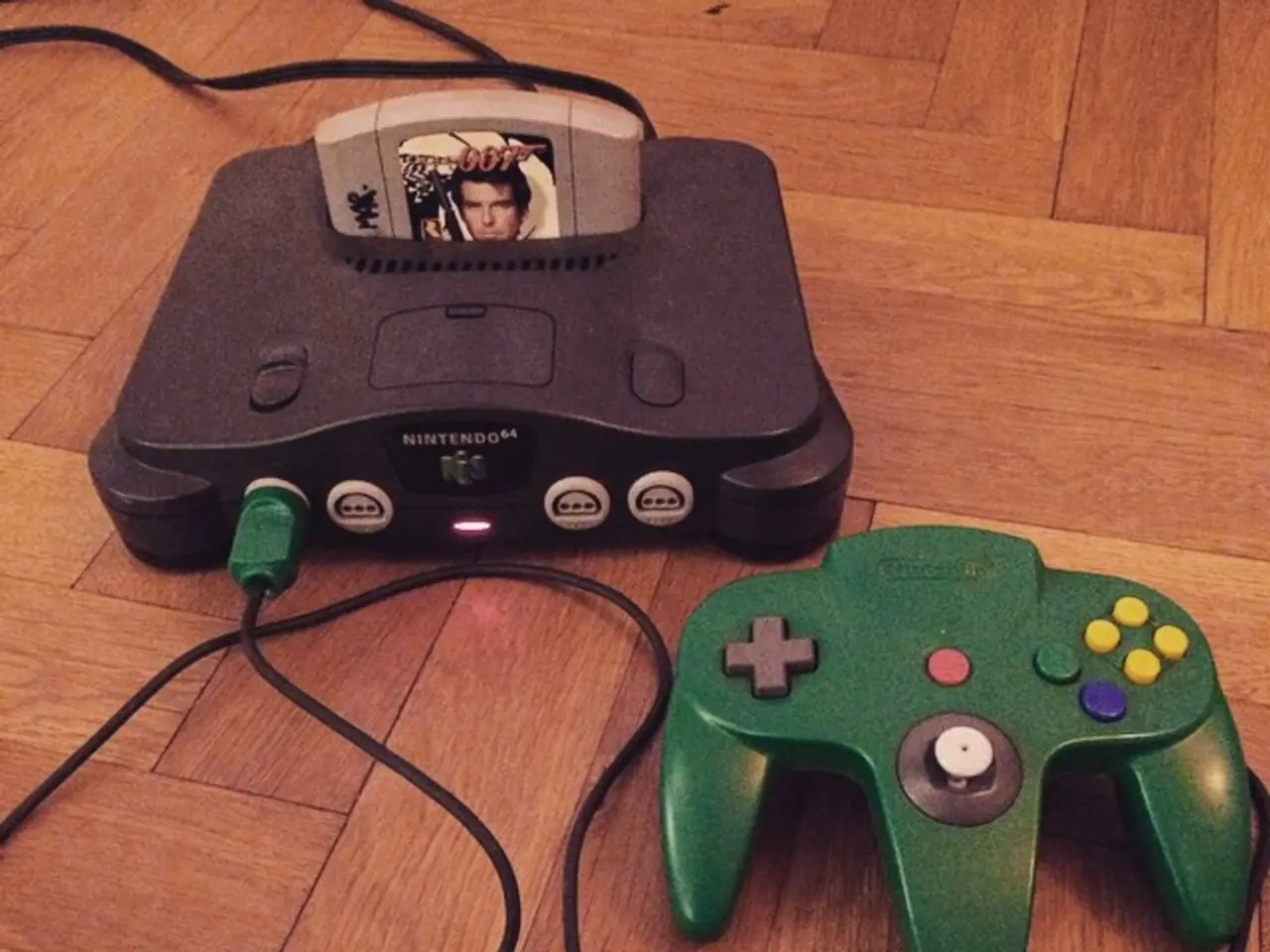Unraveling Key Elements in Digital Equity Legislation: Highlighting Particular Aspects in Digital Goods, with Emphasis on Video Games
The European Commission has launched a public consultation on the Digital Fairness Act (DFA) on 17th July 2025, focusing on consumer protection concerns in the gaming industry. The DFA aims to address predatory monetization practices and ensure continued access and functionality of purchased games after support ends.
Predatory monetization in video games, which may exploit consumers unfairly through microtransactions, loot boxes, aggressive in-game purchases, or pay-to-win schemes, is a key area of focus. These mechanisms can lead to consumer harm, especially if not transparently communicated or if they target vulnerable groups such as children.
Another concern is end-of-life plans for online games customers have legally purchased. The DFA is urging publishers to keep sold games in a reasonably working state even after ending support, preferably without mandatory online connections.
The industry has expressed concerns that some titles are designed to be online-only, and imposing such rules might increase costs or stifle innovation. However, consumer advocates argue that with proper planning, such protections are feasible and necessary.
The Commission is inquiring whether respondents are in favour of expressing the price of in-game items in real-world currency, increasing transparency concerning the odds of winning, allowing consumers more control over certain features, and prohibiting certain features for minors.
Currently, there are no specific requirements for the deactivation of individual digital elements in the consumer protection framework. The consultation seeks to determine whether additional measures should be considered to address these concerns, such as non-regulatory measures, new binding rules, or more effective enforcement of existing rules.
In-game currency is considered digital content under the Consumer Rights Directive in various EU Member States. Users should have greater control over digital products, especially regarding embedded monetization mechanisms. However, not every function can currently be separated in a modular way for deactivation, and in-game currency is not currently obligated to be displayed with its corresponding real-world value when exchanged for other in-game items.
The DFA's contemplated actions deserve further examination, particularly in the areas of in-game currencies and price transparency, and the ability for consumers to turn off certain features. As the gaming industry continues to evolve, it is crucial to ensure that consumers are protected from unfair practices and that they maintain control over the digital products they purchase.
[1] European Commission. (2025). Digital Fairness Act: Public Consultation. Retrieved from https://ec.europa.eu/info/law/better-regulation/have-your-say/initiatives/12527-Digital-Fairness-Act [2] European Commission. (2025). Digital Markets Act. Retrieved from https://ec.europa.eu/info/law/better-regulation/have-your-say/initiatives/12524-Digital-Markets-Act [3] European Commission. (2025). Digital Services Act. Retrieved from https://ec.europa.eu/info/law/better-regulation/have-your-say/initiatives/12525-Digital-Services-Act
The Digital Fairness Act (DFA) is aiming to address technology-based concerns, particularly predatory monetization practices in video games that might exploit consumers unfairly. The DFA also seeks to ensure that consumers continue to have access and functionality of purchased games even after support ends.
In the consultation, the Commission is inquiring about the need for expressing in-game item prices in real-world currency, increasing transparency concerning the odds of winning, allowing consumers more control over certain features, and prohibiting certain features for minors – all areas where technology plays a significant role.




